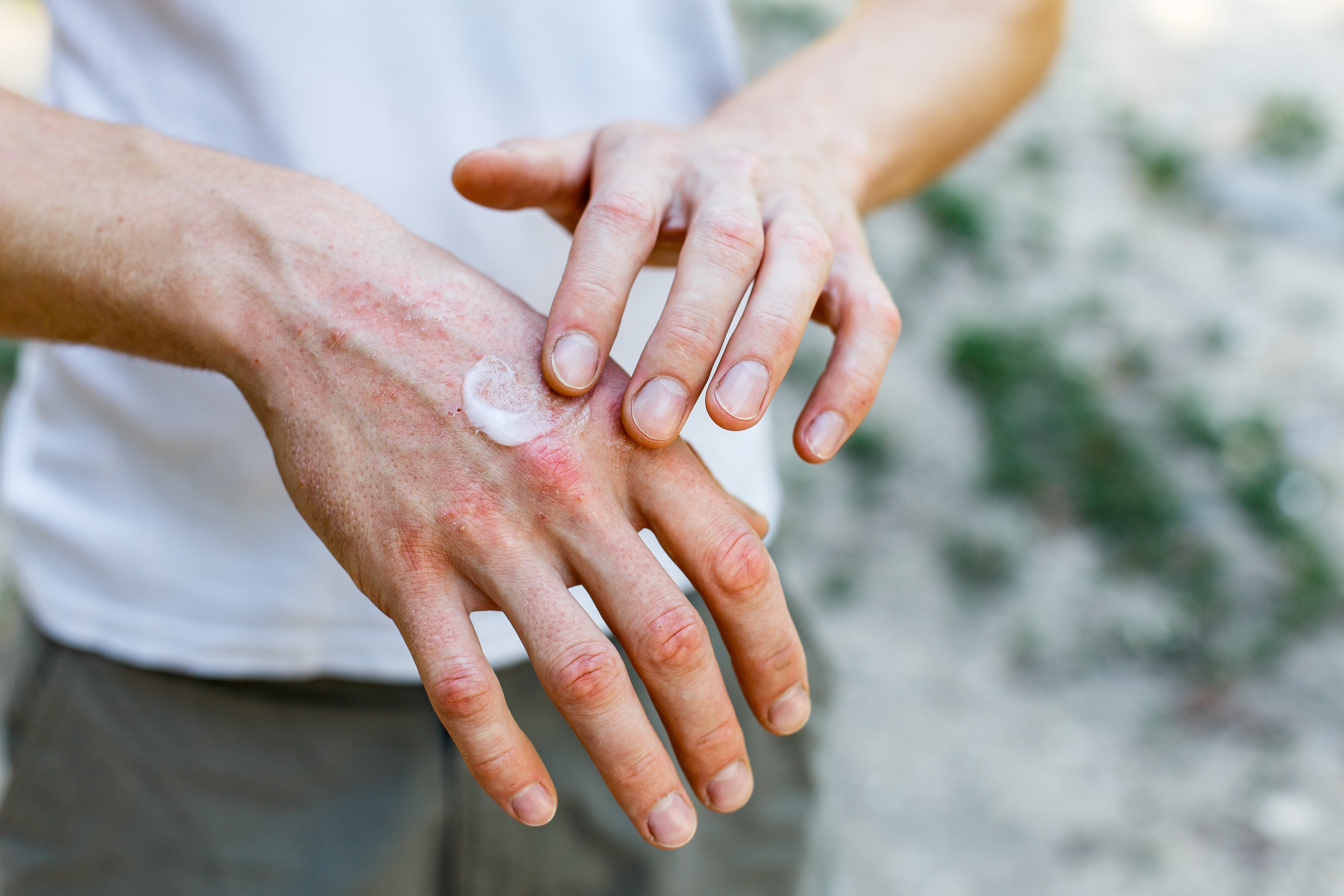Flaky skin, itchy patches, inflamed areas, and burning sensations are all common complaints among eczema sufferers. While most of us know of this skin condition, we may not understand the whole picture or what it means to someone struggling with eczema every day. To some, this is a debilitating disease that causes social anxiety, pain, and insomnia. To others, it’s difficult to do things as simple as wear clothing or shower. Eczema isn’t just dry skin; it’s so much more to a lot of people.
Little-Known Facts About Eczema
#1: Eczema Is Mainly Hereditary
Surprisingly, there seems to be a large hereditary component to many forms of eczema. According to Clevland Clinic, “You’re more likely to have eczema if there is a history of dermatitis in your family.” In fact, you are considered to be at high risk for developing eczema if any of your family members have it.
#2: Recession Doesn’t Mean Your Eczema Is Gone Forever
Unfortunately, there is no current cure for eczema. When you visit your dermatologist for the first time, you will work together to build a treatment and risk reduction plan. By avoiding your triggers, keeping your skin clean and moisturized, and properly treating flare-ups, your prognosis can be very good. Some people even see remission from symptoms entirely; however, you must continue your routine and trigger avoidance in order to stay in remission.
#3: Unchecked Eczema Can Lead To Other Skin Conditions
Since the symptoms related to eczema result from a breakdown in the skin’s structure, people with this skin condition are more likely to get skin infections, scarring, warts, and calluses. It’s important to protect your eczema-prone skin as well as possible - for some people, infections can be life-threatening.
#4: Having Eczema Doesn’t Mean You Have An Allergy
Many parents are told that infants and young children who get eczema are more likely to have a food allergy. While this may be a plausible correlation, it doesn’t necessarily hold true for adults. There are several types of eczema (which we mention in this previous post), so it makes sense that there are different reasons for flare-ups. Depending on the type of eczema you have been diagnosed with, your plan of treatment and list of things to avoid may be totally different from someone else’s.
#5: Eczema Is A Very Misunderstood Condition
According to stories on Health.com, the general public doesn’t know a whole lot about this uncomfortable disease. There has been a lot of awareness brought to childhood eczema, but adults still routinely meet harsh comments and criticisms when someone notices their red, flaky skin. These reactions can be extremely damaging, especially when they imply that the sufferer simply has poor hygiene. It’s difficult to understand what we do not have personal experience with, but a little sympathy can go a long way.
Even though eczema isn’t curable, dermatologists have seen it enough to have a good repertoire of treatments. If you’re looking for a great eczema product, look no further than our Skin Recovery Cream; it has received a seal of approval from the National Eczema Association! We believe that all patients, especially those who have suffered for years from eczema, deserve to feel beautiful, comfortable, and confident in their own skin, and that’s what this product helps our patients achieve.




















Leave a comment